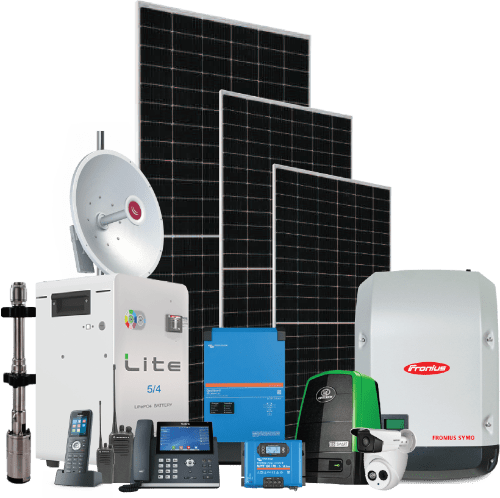
Are you tired of paying high electricity bills each month? Have you ever considered harnessing the power of the sun to save money and reduce your carbon footprint? In this blog post, we will explore the many benefits and how they can cut your Power bills significantly.
Harnessing Photovoltaic power involves installing photovoltaic modules to result in lower power bills and long-term savings.
Installing solar panels offers reduced or eliminated electricity bills.
Professional services are available for installation of the right sized solar system with regular maintenance necessary to ensure optimal performance and prolonged lifespan.
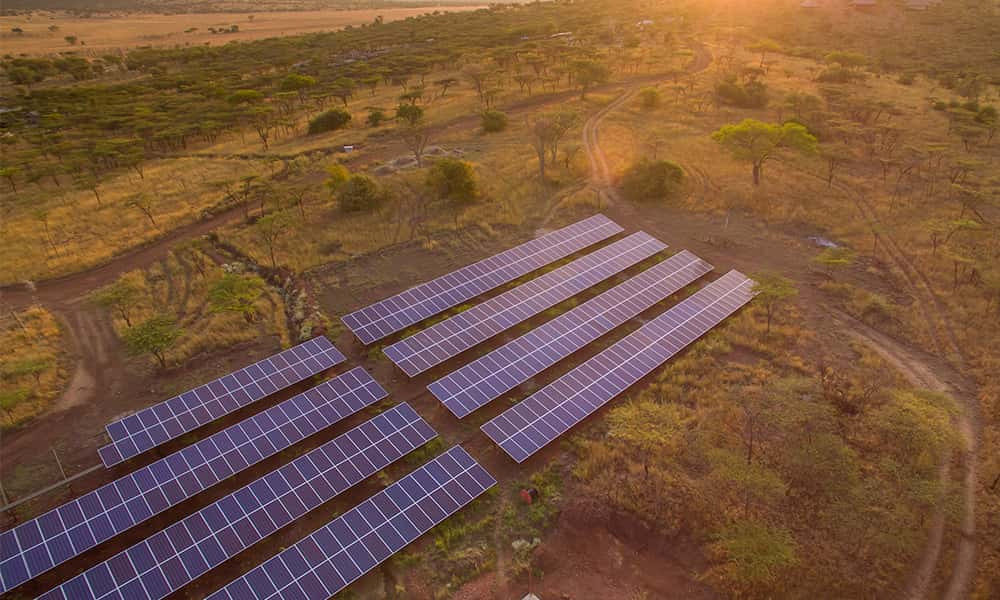
Solar panels save money by generating electricity from sunlight, a process that begins when photons from the sun are absorbed by the panels and converted into direct current (DC) electricity. The energy from the solar array needs to be routed through an inverter in order for it to be converted to alternating current (AC) electricity. With solar energy being renewable and sustainable, homeowners can reduce their dependence on fossil fuels, resulting in lower electricity bills and long-term savings.
Installing photovoltaic modules at home is a straightforward process with the assistance of professional solar companies. The first step is to assess if your roof is suitable for solar panel installation, and the final step involves linking the energy system to the energy panel. As a precaution, ensure all wiring is double-checked for proper functioning and safety before connecting the system.
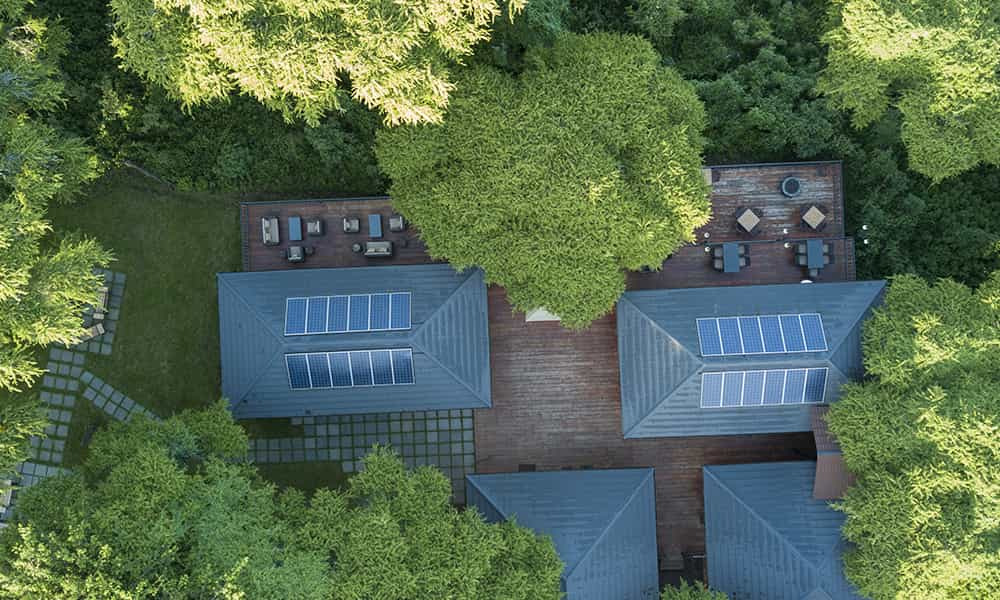
Considerations such as the amount of energy needed by the home and the roof size play a vital role in determining the size of your solar system. Choosing an appropriately sized system for your residence can help reduce electricity expenses as well as installation costs. Additionally, you can benefit from the multiple advantages of solar energy systems and maximize the return on investment of installing photovoltaic modules.
JA Solar is one of the world’s leading manufacturers of high-performance JA Solar is one of the world’s leading products. The company was founded in 2005 and is committed to providing cost-effective and reliable solar solutions to clients worldwide.
JA Solar’s product portfolio includes high-efficiency mono and multi-crystalline photovoltaic modules which are used in residential, commercial, and utility-scale solar power systems. The company is known for its strong commitment to research and development of Solar Panels/ PV Modules, which enables it to consistently produce innovative and high-quality products.
With numerous branches spread across the globe, JA Solar has a broad sales and service network that provides customers with timely after-sales service, product consultation, technical support, and other services. Their dedication to the environment and to the future of renewable energy makes them a key player in the global solar industry.
The average Tanzanian household consumes approximately 50 to 60 kWh of electricity per month, totaling approximately 600 to 720 kWh annually. Your lifestyle can have a significant impact on the energy requirements of your home.
Determining the optimal system size to meet your home’s energy requirements requires careful examination of your Power consumption habits and consultation with a Photovoltaic energy expert in Tanzania and installing Solar Panels.
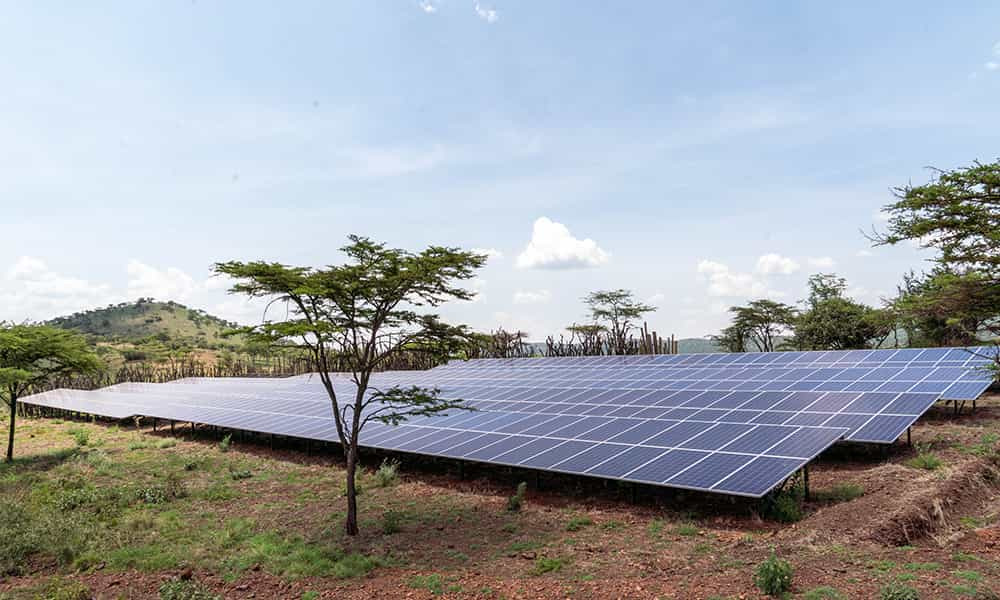
Recent advancements in photovoltaic module technology have led to innovations in solar cell efficiency and materials, such as the utilization of perovskite material, which has a higher efficiency in converting solar energy into electricity.
Portable panels and Power storage options have also seen significant improvements in recent years. Advancements in portable panels include:
Enhancements in solar cell longevity
The implementation of portable power stations for Power storage
The introduction of foldable panels for increased flexibility
These innovations make solar energy more accessible and versatile, further promoting its adoption and use in various settings.
The photovoltaic technology has experienced considerable alterations over the years, including:
The cost of solar panels decreasing by 55% in the past five years
Solar cell efficiency in laboratory settings reaching up to 33%
The use of silicon in solar cells becoming more common since the 1950s
Continuous research and development in solar PV technologies
These breakthroughs have made solar energy more sustainable, environmentally friendly, and economically viable, encouraging the growth and adoption of solar power systems, including the solar energy system.
ECOFLOW’s portable Solar panels are designed to be easily transported and utilized in various locations, typically generating electricity for small devices such as phones, laptops, and other electronic devices. ECOFLOW’s energy storage options include batteries and portable power stations, which are used to store the electricity generated by the panels for subsequent use.
The capacity of Power storage in popular ECOFLOW’s portable panels typically ranges from 5 to 350 watts, with the charging time varying depending on the size and capacity of the ECOFLOW solar battery or portable power station.
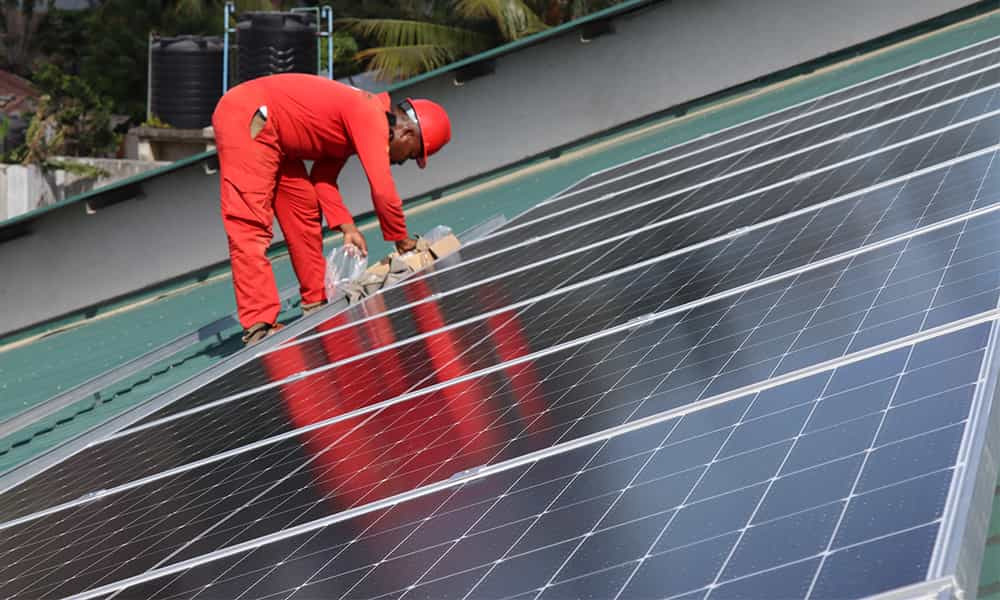
Maintenance for panels is generally minimal and straightforward. It is recommended to clean your panels once or twice annually to ensure optimal performance and efficiency.
Aside from cleaning, regular checks for any damage or issues that could impact the system’s performance are crucial to maintaining your solar system. This includes checking the inverter and wiring for any harm or difficulties, as well as conducting an annual inspection by a technician to ensure safety and performance standards are met.
Essential routine care tasks for solar panels include:
Cleaning with a soft-bristled brush and non-abrasive cleaner
Verifying cleanliness and steadiness
Logging solar power generation
Consulting the manufacturer’s maintenance guidelines
Performing an annual inspection by a technician
Most experts agree that cleaning solar panels every six months is reasonable, although the frequency may vary depending on the location and environmental conditions.
Professional maintenance services for solar panel systems typically include:
Panel cleaning
Active monitoring
Visual inspection
Repairing
Upgrading
It is generally recommended that professional maintenance be conducted two to four times annually to ensure optimal performance and detect any issues in a timely manner. Investing in professional services can contribute to a prolonged lifespan of your system and increased efficiency.
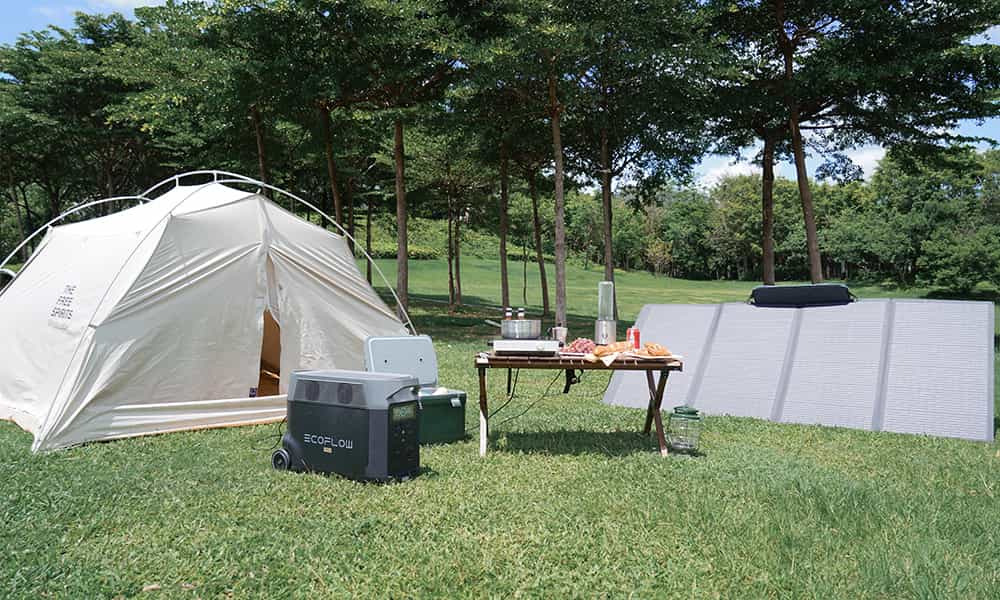
The potential of solar energy to significantly reduce carbon emissions results in a positive ecological impact. It is a clean and renewable energy source that does not generate any emissions during the generation of electricity, making it one of the most environmentally-friendly forms of energy available. By minimizing our carbon footprint and assisting in the mitigation of global warming, solar energy plays a crucial role in addressing climate change.
However, it is important to note that the production of solar panels can have various impacts on the environment. The production of solar panels can potentially lead to air pollution, and the considerable amount of water required for the cooling process may strain water resources in arid areas. Nevertheless, the benefits of solar energy far outweigh these drawbacks, and continued research and development in solar PV technologies will further reduce these environmental impacts.
Solar panels have a wide range of applications in both residential and commercial settings. In homes, photovoltaic panels can provide electricity, heat water, heat the home, power solar ventilation fans, and light the home, among other uses. In commercial settings, solar panels are being utilized in manufacturing, agricultural, office building and complex, gas station, and industrial sectors.
In conclusion, solar panels offer numerous benefits for homeowners, including financial savings on energy bills. By understanding the basics of solar energy systems, assessing your energy needs, and choosing the right solar panel system for your home, you can make an informed decision and enjoy the many advantages of solar energy.
Embracing solar energy is not only a wise financial investment but also a significant step towards a more sustainable and environmentally-friendly future. As solar technology continues to advance, its adoption will play a crucial role in addressing climate change and reducing our reliance on fossil fuels. It’s time to harness the power of the sun and make a positive impact on our planet for generations to come.
They can provide significant benefits, including a considerable reduction in energy consumption. However, the initial investment is substantial, which might not make it a feasible option for all homeowners.
Purchasing a home with solar panels can be a great investment as it will both reduce energy bills and increase the value of the property, making it an attractive resale down the road. Additionally, if the solar panels are paid for in cash, it could result in even bigger savings.
When choosing a solar panel system for your home, you should consider the size of your roof, the energy requirements of your home, and the type of solar panels that fit your budget.
Most solar panels are guaranteed to last for at least 25 years, but many can continue to generate electricity for 30 years or more with proper maintenance
Yes, solar panels can still generate electricity in cloudy weather, although their output will be reduced. Even on a cloudy day, solar panels can produce around 10-25% of their rated capacity.
No, they do not generate electricity at night. However, with a solar battery storage system, you can store the excess energy generated during the day for use at night.
The payback period can vary depending on several factors, including the cost of the system, the amount of sunlight your location receives, and the cost of electricity in your area. On average, it can take between 6 to 10 years to recoup the cost of your system
While it is possible to install them yourself, it is generally recommended to hire a professional. Incorrect installation can lead to reduced performance and potential safety risks.
Properly installed panels should not damage your roof. In fact, they can actually protect the portion of the roof they cover by shielding it from the elements.
Require very little maintenance. Aside from occasional cleaning and an annual inspection, can continue to generate electricity with minimal upkeep.
